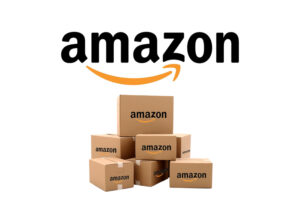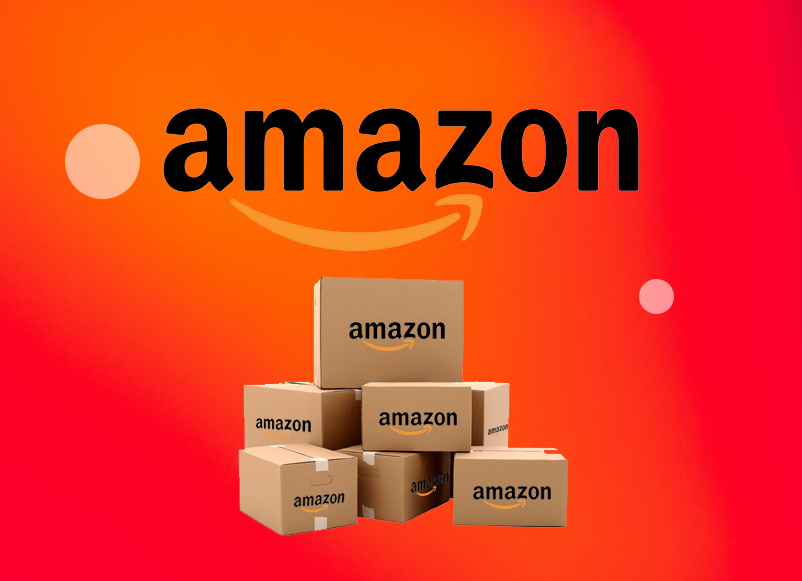
Amazon recently came under fire after reports emerged that it was considering displaying tariff-related costs on product listings within its discount platform, Amazon Haul. The move was intended to show how the Trump administration’s high tariffs on Chinese imports (up to 145%) were impacting consumer prices.
However, Amazon clarified that the proposal was only an internal discussion and was never approved or intended for the main website.
The White House reacted sharply, with Press Secretary Karoline Leavitt calling the idea a “hostile and political act.” President Trump personally reached out to Jeff Bezos to express disapproval, escalating tensions between the tech giant and the administration.
As a result, Amazon’s stock dipped, reflecting investor unease about political risk and regulatory challenges. The incident also sparked broader debate about tariff transparency, with competitors like Temu and Shein already showing such fees to customers — a trend Amazon had not followed.
This controversy highlights the delicate balance major retailers must strike between consumer transparency, political sensitivity, and global trade policy.
Trump Confronts Jeff Bezos Over Amazon’s Tariff Transparency Proposal
WASHINGTON, D.C. — April 2025
Tensions between tech giant Amazon and the Trump administration escalated this week after reports revealed that Amazon had internally considered displaying tariff-related charges on products sold through its discount platform, Amazon Haul. The move, intended to highlight the cost of rising tariffs on Chinese imports, provoked a swift and personal reaction from former President Donald Trump.
According to multiple sources familiar with the matter, Trump personally called Amazon founder Jeff Bezos to express his displeasure with the proposal. The former president reportedly accused Amazon of undermining his administration’s trade policies, labeling the idea of showing tariff breakdowns on consumer-facing platforms as a “political stunt” designed to turn public opinion against U.S. tariffs.
The controversy arose after internal discussions at Amazon surfaced, suggesting the company was exploring ways to increase pricing transparency by showing tariff costs separately at checkout. These tariffs — part of a broader wave of economic protectionism reinstated by Trump during his campaign and subsequent political influence — have reached as high as 145% on some Chinese imports.
Despite media reports, Amazon clarified that the idea was never implemented and was limited to internal brainstorming sessions related to its budget-friendly platform, Amazon Haul. A company spokesperson emphasized that the main Amazon site was never considered for such a feature.
White House Response: ‘Hostile and Political’
Former White House Press Secretary Karoline Leavitt condemned the idea in a statement, calling it a “hostile and political act,” adding that such a move would mislead consumers and serve foreign manufacturing interests over American economic priorities.
“This is not just about pricing — it’s about power, influence, and accountability,” said one political analyst. “Displaying tariffs as a separate line item would make the administration’s policy the scapegoat for rising prices. That’s a messaging war the White House won’t allow to go unanswered.”
Market Reaction and Industry Impact
The fallout was immediate on Wall Street. Amazon’s stock dipped following the headlines, with analysts citing concerns over regulatory backlash and political pressure. Retail industry observers also noted that the move, even if unimplemented, highlighted the growing burden tariffs place on e-commerce platforms, many of which source products from China.
Interestingly, competitors such as Temu and Shein already display tariff or import-related costs in some regions, sparking debate over whether Amazon’s reluctance stems from consumer experience concerns or fear of political retaliation.
The Bigger Picture
This episode underscores the fragile relationship between Big Tech and government power in an era of increasingly politicized trade policy. As global supply chains evolve and consumer awareness of pricing increases, companies face growing pressure to be transparent — even when doing so comes with political consequences.
For now, Amazon has shelved the tariff display idea. But the call from Trump to Bezos serves as a clear message: navigating transparency in an election-year economy can come at a heavy political price.



